|
Name: Peyote
Type: Hallucinogen
AKA: mescaline
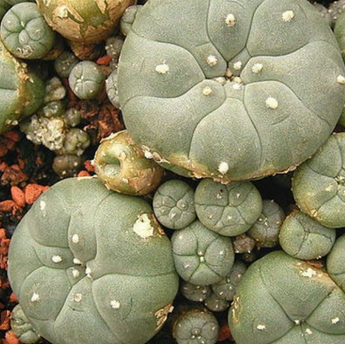
|
|
II. Natural Derivative
Synthetic substance, no natural derivative
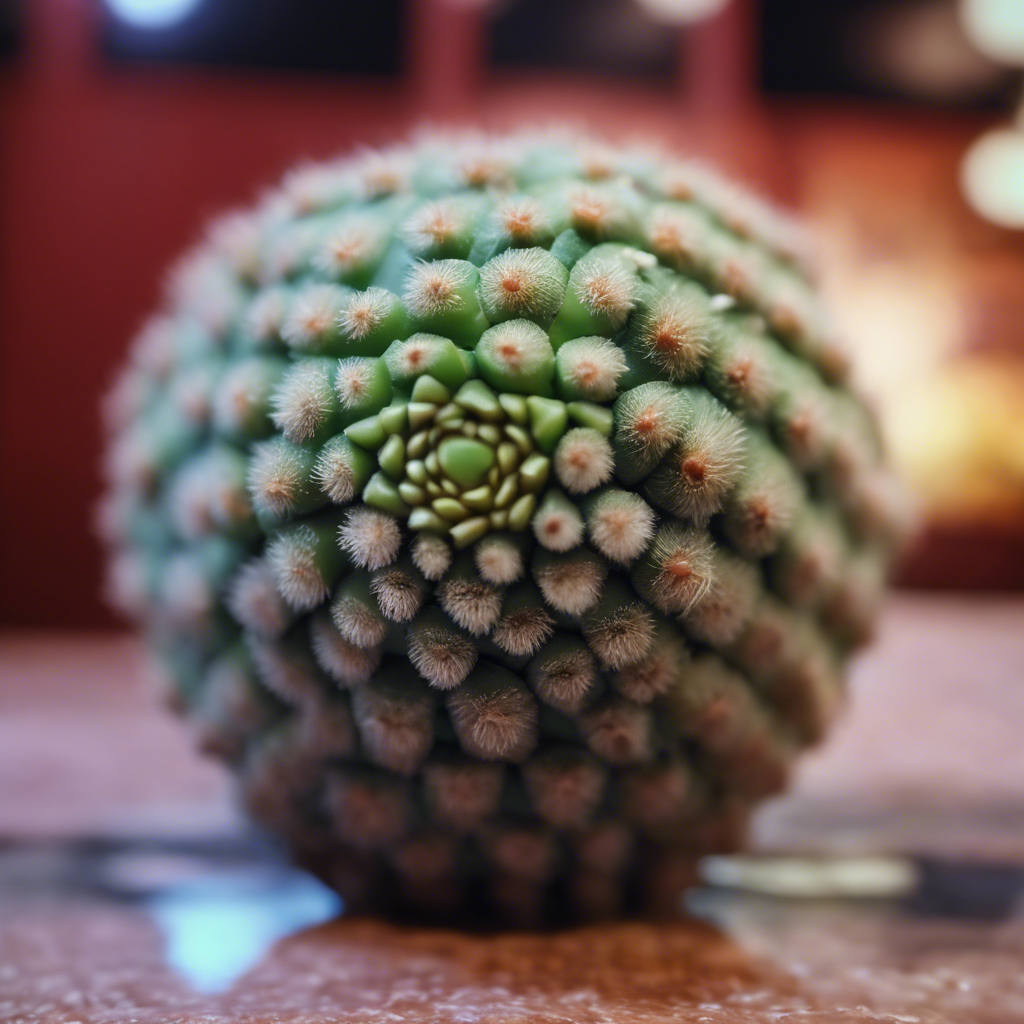
|
|
III. Chemical Profile (IUPAC name)
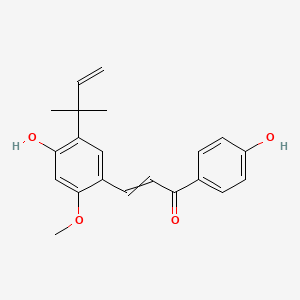
|
|
IV. History
Peyote, a cactus with psychoactive properties, has been used by indigenous peoples in the Americas for thousands of years. It plays a central role in various traditional and religious ceremonies.

|
|
V. Legal Information
Peyote is a cactus containing mescaline, a psychedelic compound. It is controlled under drug laws in many regions due to its hallucinogenic properties, with regulations reflecting concerns about its abuse. [Source: UNODC].
US Federal Schedule - I
Schedule I drugs, substances, or chemicals are defined as drugs with no currently accepted medical use and a high potential for abuse. Some examples of Schedule I drugs are: heroin, lysergic acid diethylamide (LSD), marijuana (cannabis), 3,4-methylenedioxymethamphetamine (ecstasy), methaqualone, and peyote.
Key US Federal Policies:
Controlled Substances Act. Public Law: Public Law 91-513 (text can be found on GovInfo) (https://www.dea.gov/drug-information/csa). Date enacted: October 27, 1970.
|
|
VI. Physical Effects
Peyote is a cactus containing mescaline, a psychedelic compound. It acts as an upper, causing hallucinations and altered perception. Short-term use can lead to intense psychoactive experiences, while long-term effects are not well documented. Overdose risks include severe psychological distress and potential physiological effects. Safe use involves cautious dosing and preparation. Recent research examines its potential therapeutic uses and effects on mental health. 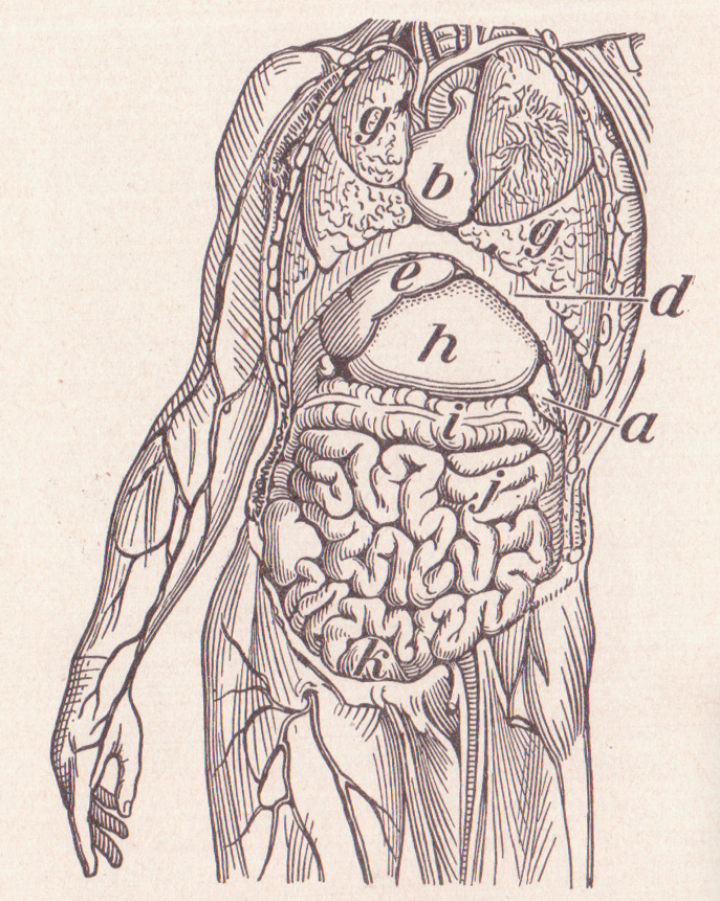 |
|
VII. Psychological Effects
Peyote, containing mescaline, affects serotonin receptors, leading to altered perception, euphoria, and spiritual experiences. Immediate effects include visual and auditory hallucinations, lasting several hours. Long-term use may result in persistent psychological effects and altered cognition. Research focuses on its impact on serotonin systems and potential therapeutic uses, as well as risks of persistent psychological effects.
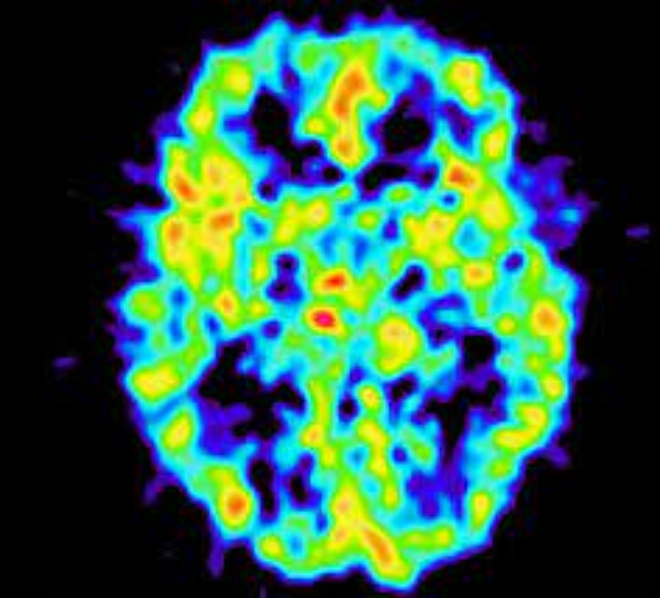 |
|
VIII. Culture
Peyote is a cactus containing mescaline, a psychedelic compound, classifying it as a hallucinogen. Short-term use induces altered perceptions and euphoria, while long-term use can lead to psychological dependence and potential cognitive issues. Overdose risks include severe psychological distress and potential for lasting mental health effects. Safe dosages are not well-established, with traditional use involving minimal amounts. Recent research focuses on its psychoactive properties and potential therapeutic uses. Physical effects include dilated pupils, altered sensory perceptions, and increased heart rate.
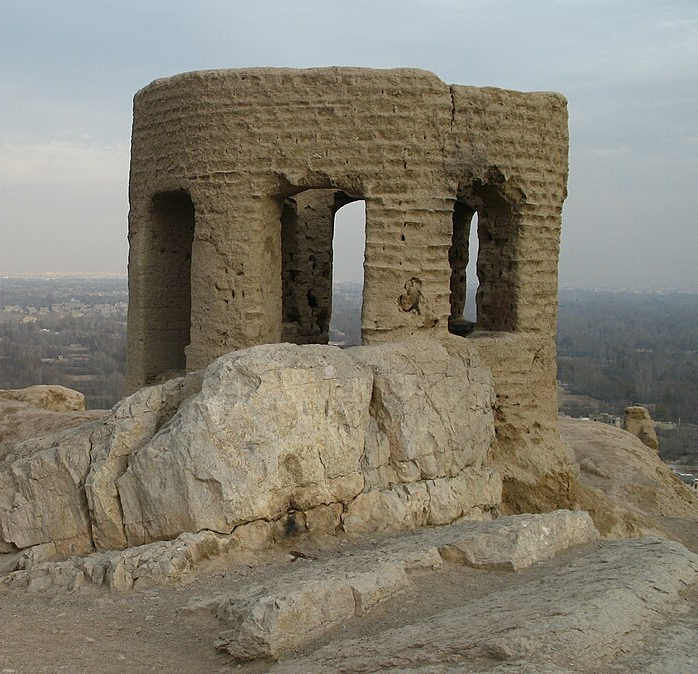 |
